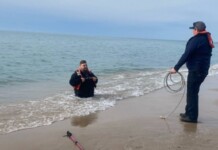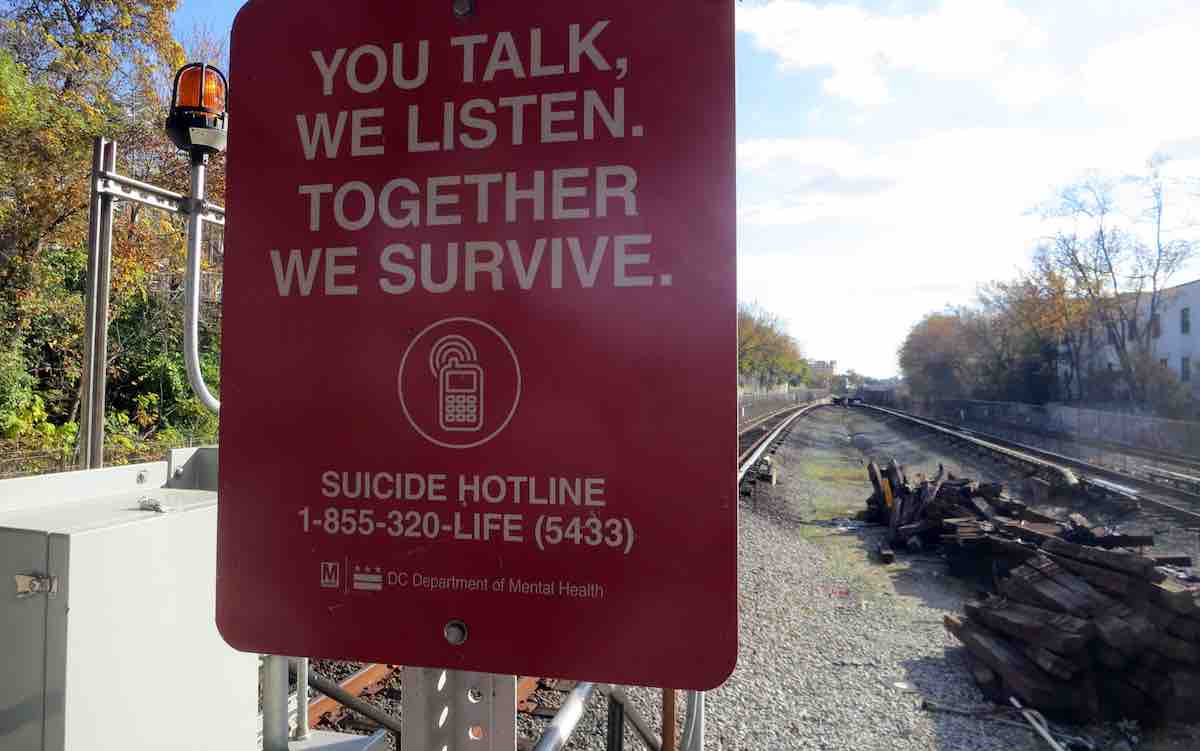People have been reeling from the deaths of two cultural icons who committed suicide this month: fashion designer Kate Spade and food television star Anthony Bourdain.
Though their passings are tragic, their actions do have a silver-lining – thousands more people are calling emergency hotlines compared to the same period of time before the deaths.
As news outlets were reporting on Bourdain and Spade, social media users and writers were sure to include the phone number for the National Suicide Prevention Lifeline (1-800-273-8255). The number connects callers to 150 help centers across the US where trained counselors are waiting on-hand to help people who may be experiencing a mental health emergency.
According to statements from the organization’s director of communications, the centers have experienced 65% more caller traffic since Spade’s and Bourdain’s deaths earlier this month. Additionally, a spokesperson for the Crisis Text Line says that caller traffic has increased by 115%.
MORE: Restaurant Owners Who Say Anthony Bourdain Changed Their Lives Donate Profits to Suicide Hotline
“In our line of work, in our world, this kind of moment happens on a smaller scale all the time,” Christine Moutier, a psychiatrist who serves as the chief medical officer for the American Foundation for Suicide Prevention, told CNN.
“When a community is hit with suicides, there’s a readiness to take action in game-changing new ways,” she added.
People may be calling the number because experiencing the suicide of someone who they are close to – or even someone they admire, like a celebrity – can leave them feeling even more vulnerable and emotionally distressed than usual. However, other experts are calling the surge in traffic a cause for celebration because suicidal Americans are realizing that they are not alone in their struggles and there are resources available to help them.
MORE: Suicide Rates at Japanese Train Stations Have Plummeted by 84% Thanks to Simple Solution
Crisis services manager Barry Rose of the CrisisLine at the University of Utah’s Neuropsychiatric Institute (UNI) told The Salt Lake Tribune: “All of these people are getting help. It’s really great.”
“There is help out there for people,” he added. “So many people don’t know that and they are trying to handle these things alone, but there are options.”
LOOK: 13 Truckers Use Their Vehicles to Prevent Suicide Attempt From Ending a Life
Not only are more people seeking help for their suicidal tendencies, but friends and family members are also reaching out to the hotlines for resources on how they can help, comfort, and look out for people who may be suicidal.
This is all part of Moutier’s hope that society will start treating suicide as a preventative illness that works similarly to heart disease; a sickness that can be treated with incremental measures over time, rather than at the very last minute.
How to get help: In the US, call the National Suicide Prevention Lifeline at 1-800-273-8255. International readers can find resources and connections to crisis centers all over the world via the International Association for Suicide Prevention and Befrienders Worldwide.
Share the Uplifting News With Your Friends – Photo by Daniel Lobo, CC




















